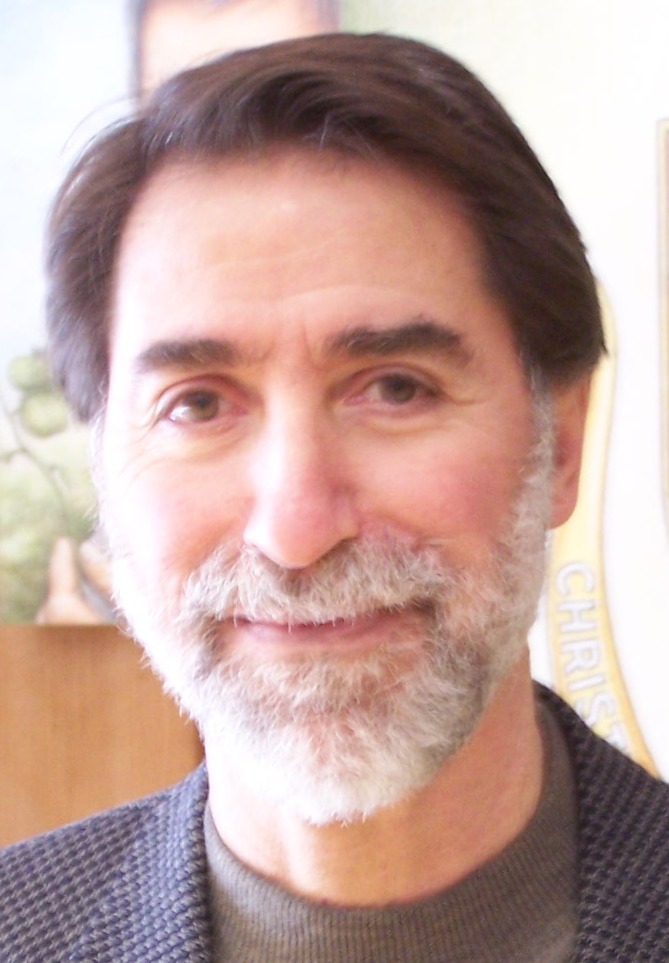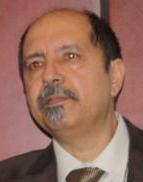 |
TURKEY’S PARLIAMENTARY ELECTIONS: ERDOGAN’S AKP WINS AGAIN (by Tozun Bahcheli). Turkish Prime Minister Racep Tayyip Erdogan’s Justice and Development Party (AKP) won a consecutive third term in the elections of 12 June 2011 securing 50 percent of the national vote and a comfortable majority of 326 members in the 550-seat Turkish parliament. Erdogan and his party have … MORE |
 |
WHAT WILL TURKEY’S NEW GOVERNMENT PRIORITISE? (by Didem Akyel). Some 43 million Turks, an impressive 87 per cent of the electorate, went to the polls on 12 June to elect the new government. One in two voters cast a ballot for the ruling Justice and Development Party (AKP), bringing it back to office for a third term with 49.9 per cent of the vote – higher than the 47 per cent it … MORE |
 |
PARLIAMENTARY ELECTIONS 2011. A NEW ERA OF CITIZEN DISENGAGEMENT (by Christophoros Christophorou). The high rate of abstention is the most notable result of the May 2011 elections to the House of Representatives of the Republic of Cyprus. Its weight and real value cannot be contested as might be the case for the vote share of the political parties. … MORE |
 |
A SOCIALLY NETWORKED ELECTION (by Nicholas Karides). The 2011 parliamentary elections in Cyprus were never going to be a ‘critical’ contest despite the rhetoric employed by some of the political parties during the campaign that they were crucial for the future of the country. The campaign itself was a dry affair marked by drab bickering, poor TV ratings for poor political debates and … MORE |
 |
THE SYNOD RESTORED: THE HISTORICAL CONTEXT OF CURRENT DEVELOPMENTS IN THE GREEK ORTHODOX CHURCH OF CYPRUS (by Marios Sarris). The history of the autocephalous Greek Orthodox Church of Cyprus can be traced back to late antiquity. Two main layers of administration marked civic life in the eastern Mediterranean in Hellenistic times. The imperial structures of … MORE |
 |
SAUDI ARABIA AND USA: THE PARADOXICAL BENEFICIARIES OF THE “ARAB SPRING” (by Sotiris Roussos). The “Arab Spring” and the uprisings across the region led to two “paradoxes” that few anticipated at the outset. First, the ascent of the Saudi Kingdom as the Sunni regional hegemon and the second, the new role of the USA as the mainstay of democratic change not against … MORE |
 |
IRAN, THE UNITED STATES, AND THE RENEWED BALANCE OF POWER (by Hamid R. Khalaj). Considering the current trend of developments in the political arena of the Middle-East, the view on the regional security regime based on Balance of Power aimed as safeguarding security and stability of the region, requires revision. Balance of Power is based on a Win-Lose game and increasing … MORE |
 |
THE ROLE OF MASS MEDIA IN CENTRAL AND EASTERN EUROPEAN COUNTRIES IN THE POST COLD WAR PERIOD: MEDIA MOGULS, CORRUPTION AND TABLOIDIZATION (by Mihai Coman). In these 20 years from the fall of communism, the journalism professional field became more and more sliced by press’ barons on one hand and the majority of common … MORE |
